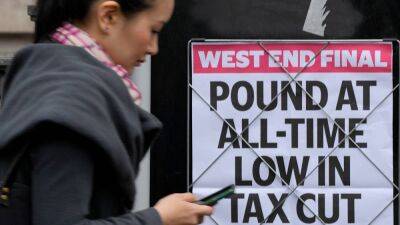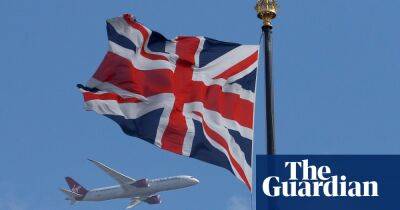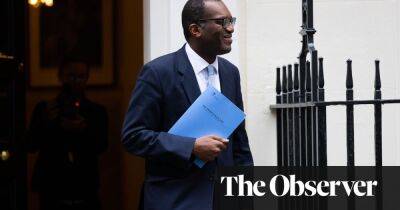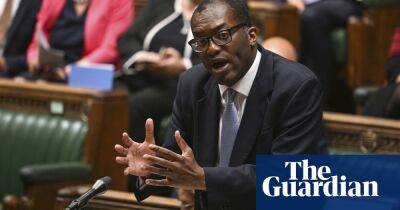Pouring cash into London to solve regional inequality? That’s trickle-down Trussonomics
Traders in the City of London were punching the air at Kwasi Kwarteng’s mini-budget last week. It was small wonder. He had granted some of them hundreds of thousands of pounds. By way of contrast, “red wall” Tory MPs’ hearts were sinking. Kwarteng’s new tax measures might have had one aim in view: to benefit London’s economy at the expense of the rest of the country. His former boss Boris Johnson’s one sensible policy ambition, to reduce the income gap between the capital and the north, lay in ruins. London was exulting.
The surge in bankers’ bonuses and the slashed rate for the richest 5% in the UK will go overwhelmingly to residents of the capital and its environs. The £45bn package is aimed at the wealthy, at corporate profits and at boosting the price of land and the private housing market. Of the 48 English enterprise zones to enjoy Treasury largesse, just 16 are in the north.
More serious is that if the cost of the tax cuts is not to be recouped merely by future tax rises, £35bn must be found in the next four years from public spending, according to the Resolution Foundation. With Scottish and Welsh budgets protected by the pro-union Barnett formula, the implication is a return to savage austerity in English regions heavily dependent on public funds.
Kwarteng and his boss, Liz Truss, clearly hold to the belief that Britain’s economic growth depends on London and its primary industry, finance. In the quarter century after the Big Bang of the 1980s this was largely true. London’s wealth surged to European preeminence and its taxes funded depressed northern provinces. From 2008 onwards that wealth stuttered. While south-east England remained among the richest regions in Europe, the gulf between it and other UK regions
Read more on theguardian.com




















